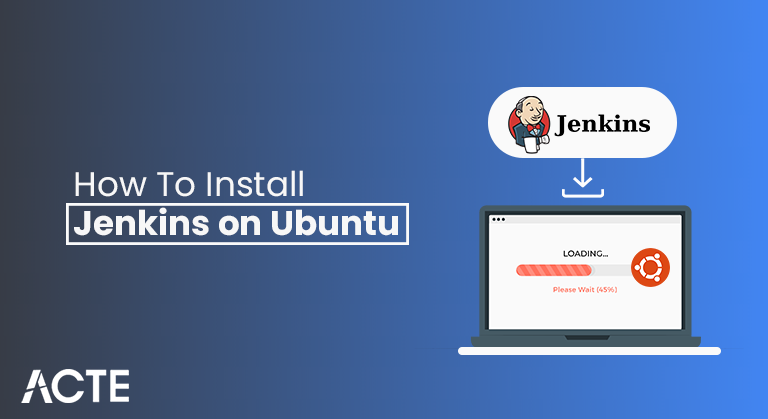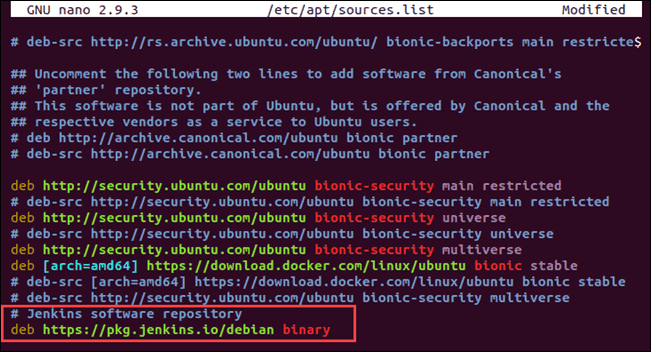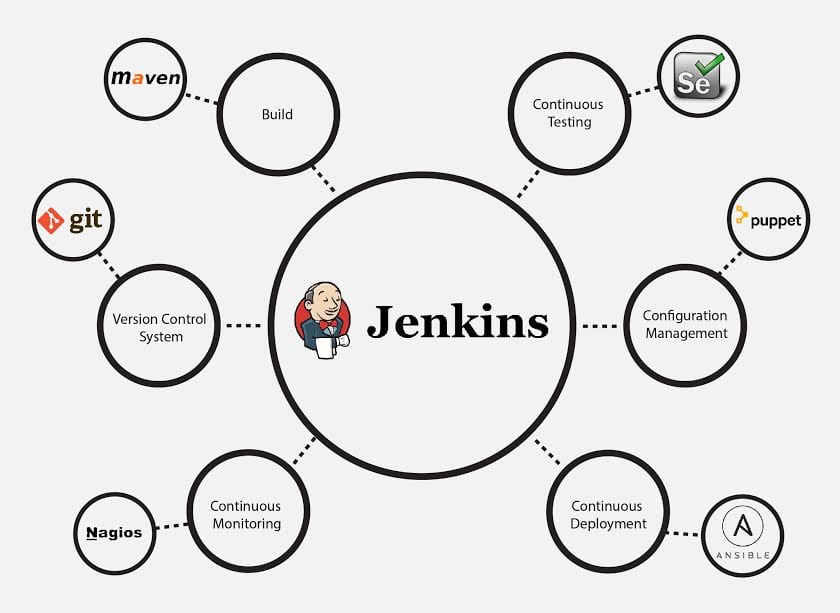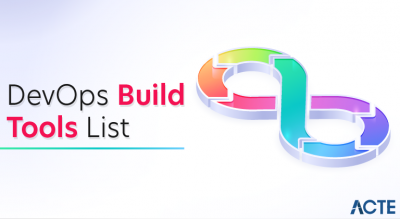
Jenkins is Java-based and can be installed from Ubuntu packages or by downloading and running its web application archive (WAR) file.
- Introduction of Jenkins on Ubuntu
- Prerequisites of Jenkins on Ubuntu
- Why Use Jenkins?
- Installation Procedure
- Conclusion
- Jenkins is a Java-constructed open-supply Continuous Integration (CI) and CD platform. Basically, Jenkins builds software program tasks, tests and deploys them. This is one of the maximum sensible programming gear you could master, and nowadays we can display you the way Jenkins is established on Ubuntu 18.04. Use this effective device to set off your VPS server!
- Jenkins is cherished via way of means of groups of all sizes, for distinct language tasks like Java, Ruby, Dot Net, PHP etc. Jenkins is a platform this is autonomous, and may be used on Windows, Linux or every other running system.
Introduction of Jenkins on Ubuntu

- RAM- four GB (Recommended)
- Storage- extra than 50 GB of Hard Disk Space (Recommended)
- Web Browser: Any browser consisting of Google Chrome, Mozilla Firefox, Microsoft Edge.
- Operating System: An Ubuntu 18.04 server established with a non-root sudo person and firewall. For assist withinside the making plans of manufacturing functionality of a Jenkins installation.
Prerequisites of Jenkins on Ubuntu
Hardware Requirements:
Software Requirements:
- Continuous integration – the exercise of non-stop manufacturing blended with the principle industry.
- Continuous delivery – the code is continuously added to a place after the code is prepared for delivery. It might be for manufacturing or staging. The commodity is furnished to a purchaser base which can offer QA or inspection with the aid of using customers.
- Developers replace the code frequently withinside the shared repository (including GitHub or TFS). Improvements made withinside the supply code are made on the cease of the day, making it hard to discover the errors. So,Jenkins is used here.
- Once a developer adjustments the repository, Jenkins will mechanically allow the construct and at once provide you with a warning withinside the occasion of an error (Continuous Integration CI).
Why Use Jenkins?
You want to don’t forget non-stop integration (CI) and non-stop delivery (CD) to recognize Jenkins:-

- Jenkins wishes Java for running, however it does not encompass positive distributions through default, and Java variations of Jenkins are incompatible.
- Multiple Java implementations are to be had to you. OpenJDK is presently the maximum famous one, which we are able to use on this guide.
- Being an open-supply Java application, Jenkins calls for the set up of OpenJDK eight to your system. The apt repositories can without delay get right of entry to OpenJDK eight.
- The set up of OpenJDK from wellknown repositories is recommended. Open and input the subsequent withinside the terminal window:
- The down load and set up can be requested. Press the “Y” button and press the Enter button to complete the process.
- Java eight can be set up to your system. We are prepared to down load Jenkins bundle now as we’ve our necessities prepared!
- The default Ubuntu programs for Jenkins are continually at the back of the present day model of the task itself. You can also additionally use the task-maintained programs to put in Jenkins to take benefit of the most modern patches and features.
- upload the framework repository key
- The tool returns OK whilst the key’s inserted. Install Jenkins.
- Next, hyperlink the repository of Debian programs to the sources.listing of the server
- When each are in place, improve to apt to apply the brand new repository:
- Install sudo apt deployation Jenkins
- Now we are going to begin the Jenkins server, as Jenkins and its dependencies are in place.
- You can begin Jenkins the usage of systemctl
- As systemctl does now no longer show overall performance, you may use the popularity command to test that Jenkins has efficaciously launched
- If all went well, the begin of the overall performance have to exhibit that the provider is lively and geared up to boot
- As Jenkins is running, so regulate the firewall regulations to finish our similarly setup of Jenkins from the internet browser.
- You want to open Port 8080 to permit Jenkins to communicate.
- If you’re the use of the default UFW firewall, input the following:
- If you’re the use of a distinctive firewall application, observe its precise commands to permit site visitors on Port 8080.
- In the default UFW, in case you haven’t configured the firewall it shows as inactive.
- To release and installation Jenkins, open an internet browser, and navigate to the IP cope with of your server: http://ip_address_or_domain:8080
- Use the real IP cope with or area call for the server you’re the use of Jenkins on.
- You must see a web page that activates you to Unlock Jenkins. You’ll want the default password. You can get the default password via way of means of switching to a command line and getting into the following: sudo cat /var/lib/jenkins/secrets/initialAdminPassword
- The device returns an alphanumeric code. Enter that code, then click on Continue.
- Next, you’re precipitated to both Install counseled plugins or Select plugins to set up. It’s first-class to truly set up the counseled plugins. You can usually set up greater plugins later. The device keeps the preliminary Jenkins setup.
- Then you may be precipitated to Create First Admin User. Enter the credentials you need to apply to your Jenkins administrator, then Save and Continue.
- After this, you must installation the Instance Configuration. This is the desired community cope with for this Jenkins installation. Confirm the cope with you need to apply to your server. This is maximum probably the identical cope with you used to get to this configuration web page. When you’re satisfied, click on Save and Finish.
- You must see a web page that asserts Jenkins is ready! You can click on Start the use of Jenkins to open the Jenkins dashboard.
Installation Procedure
Step1: Install Java
Skip to the subsequent phase when you have Java already set up to your system.To check, please run the subsequent command withinside the terminal:-
1. sudo apt update
2. sudo apt set up openjdk-eight-jdk
Step 2: Install Jenkins
Step 3: Start Jenkins
Step 4: Modify Firewall to Allow Jenkins
1.sudo ufw permit 8080
2.sudo ufw status
Step 5: Set up Jenkins
- Installing Jenkins on Ubuntu is simply that easy. Jenkins has a low gaining knowledge of curve and so that you can begin to paintings with it as speedy as possible.
- In case you need to analyze greater approximately the middle standards of Jenkins Jobs, Pipelines, Distributed System, Plugins, and the way to use Jenkins extensive you may join for our route Jenkins Certification Course.
Conclusion





